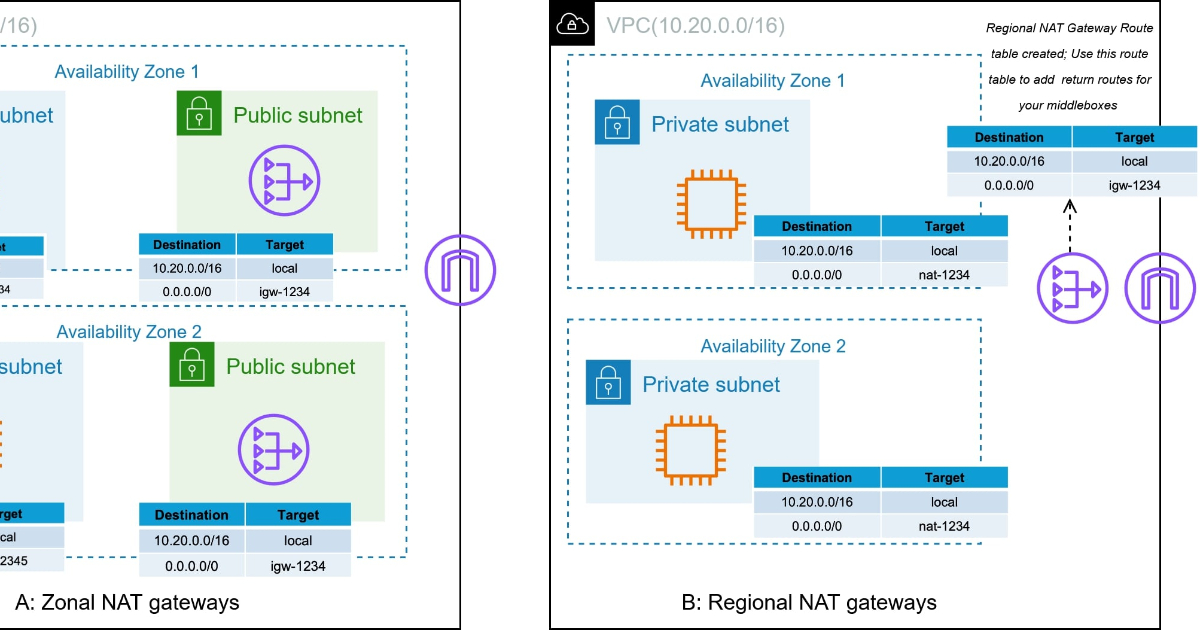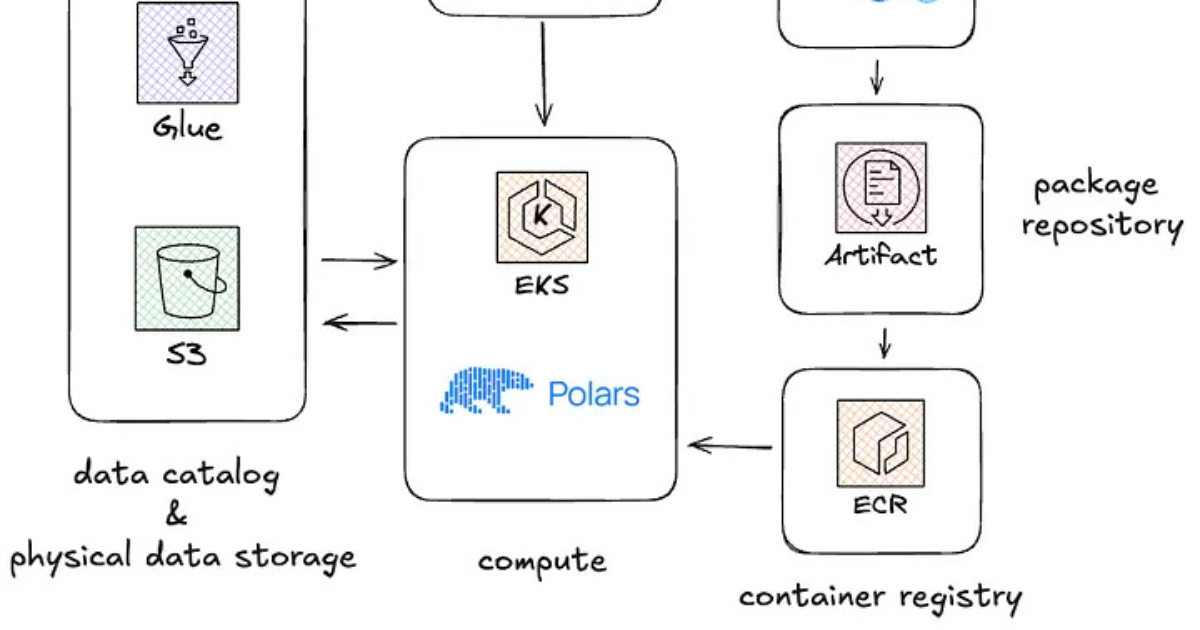Codetown
Codetown ::: a software developer's community
Kotlin Thursdays - Introduction to Functional Programming Part 2

Resources
- Higher-Order Functions and Lambdas:https://kotlinlang.org/docs/reference/lambdas.html
- FP in Kotlin Part 1: https://medium.com/kotlin-thursdays/functional-programming-in-kotli...
Introduction
Last week, we went over higher order functions in Kotlin. We learned how higher order functions can accept functions as parameters and are also able to return functions. This week, we will take a look at lambdas. Lambdas are another type of function and they are very popular in the functional programming world.
Logic & Data
Computer programs are made up of two parts: logic and data. Usually, logic is described in functions and data is passed to those functions. The functions do things with the data, and return a result. When we write a function we would typically create a named function. As we saw last week, this is a typical named function:
fun hello(name: String): String {
return "Hello, $name"
}
Then you can call this function:
fun main() {
println(hello("Matt"))
}
Which gives us the result:
Hello, Matt
Functions as Data
There is a concept in the functional programming world where functions are treated as data. Lambdas (functions as data) can do the same thing as named functions, but with lambdas, the content of a given function can be passed directly into other functions. A lambda can also be assigned to a variable as though it were just a value.
Lambda Syntax
Lambdas are similar to named functions but lambdas do not have a name and the lambda syntax looks a little different. Whereas a function in Kotlin would look like this:
fun hello() {
return "Hello World"
}
The lambda expression would look like this:
{ "Hello World" }
Here is an example with a parameter:
fun(name: String) {
return "Hello, ${name}"
}
The lambda version:
{ name: String -> "Hello, $name" }
You can call the lambda by passing the parameter to it in parentheses after the last curly brace:
{ name: String -> "Hello, $name" }("Matt")
It’s also possible to assign a lambda to a variable:
val hello = { name: String -> "Hello, $name" }
You can then call the variable the lambda has been assigned to, just as if it was a named function:
hello("Matt")
Lambdas provide us with a convenient way to pass logic into other functions without having to define that logic in a named function. This is very useful when processing lists or arrays of data. We’ll take a look at processing lists with lambdas in the next post!
Tags:
Replies to This Discussion
Notes
Welcome to Codetown!
 Codetown is a social network. It's got blogs, forums, groups, personal pages and more! You might think of Codetown as a funky camper van with lots of compartments for your stuff and a great multimedia system, too! Best of all, Codetown has room for all of your friends.
Codetown is a social network. It's got blogs, forums, groups, personal pages and more! You might think of Codetown as a funky camper van with lots of compartments for your stuff and a great multimedia system, too! Best of all, Codetown has room for all of your friends.
Created by Michael Levin Dec 18, 2008 at 6:56pm. Last updated by Michael Levin May 4, 2018.
Looking for Jobs or Staff?
Check out the Codetown Jobs group.
InfoQ Reading List
Google Metrax Brings Predefined Model Evaluation Metrics to JAX

Recently open-sourced by Google, Metrax is a JAX library providing standardized, performant metrics implementations for classification, regression, NLP, vision, and audio models.
By Sergio De SimoneAWS Introduces Regional Availability for NAT Gateway

AWS has recently introduced regional availability for the managed NAT Gateway service. The new capability allows developers to create a single NAT Gateway that automatically spans multiple availability zones (AZs) in a VPC, providing high availability, eliminating the need to define separate gateways and public subnets in each zone.
By Renato LosioDecathlon Switches to Polars to Optimize Data Pipelines and Infrastructure Costs

Decathlon, one of the world's leading sports retailers, recently shared why it adopted the open source library Polars to optimize its data pipelines. The Decathlon Digital team found that migrating from Apache Spark to Polars for small input datasets provides significant speed and cost savings.
By Renato LosioAWS Expands Well-Architected Framework with Responsible AI and Updated ML and Generative AI Lenses

At AWS re:Invent 2025, AWS expanded its Well-Architected Framework with a new Responsible AI Lens and updated Machine Learning and Generative AI Lenses. The updates provide guidance on governance, bias mitigation, scalable ML workflows, and trustworthy AI system design across the full AI lifecycle.
By Leela KumilioRPC Releases Version 1.0 with OpenAPI Support and End to End Type Safety

Introducing oRPC 1.0, a cutting-edge TypeScript library for building typesafe APIs, offering a stable, production-ready solution with full OpenAPI integration. Key features include enterprise-grade type safety, complex type support, and seamless integration with popular frameworks. With superior performance and comprehensive migration guides, oRPC emerges as a choice for modern API development.
By Daniel CurtisSwitch to the Mobile Optimized View
© 2025 Created by Michael Levin.
Powered by
![]()